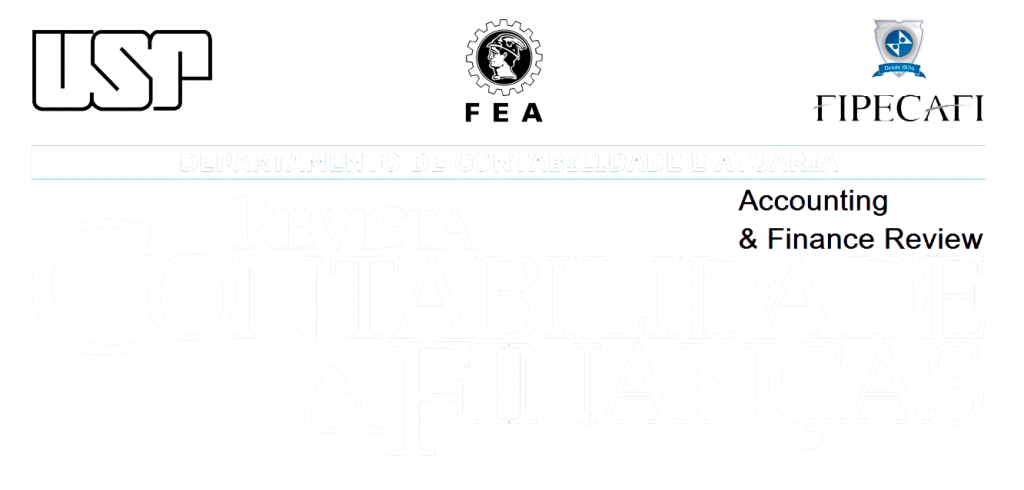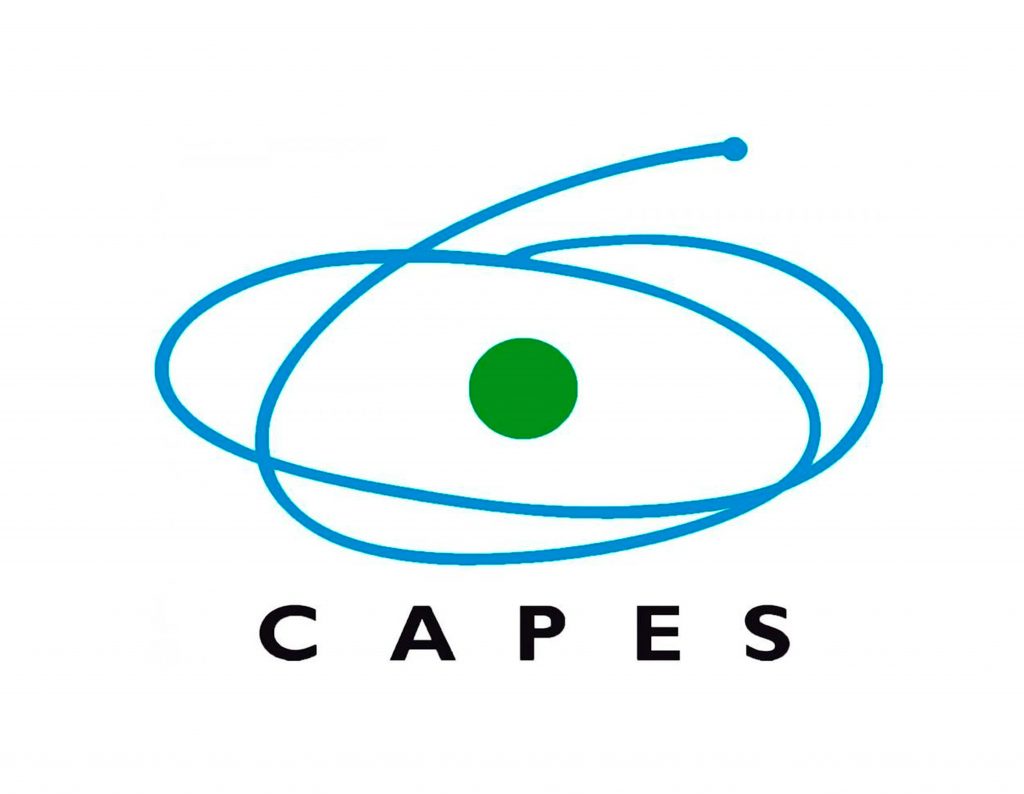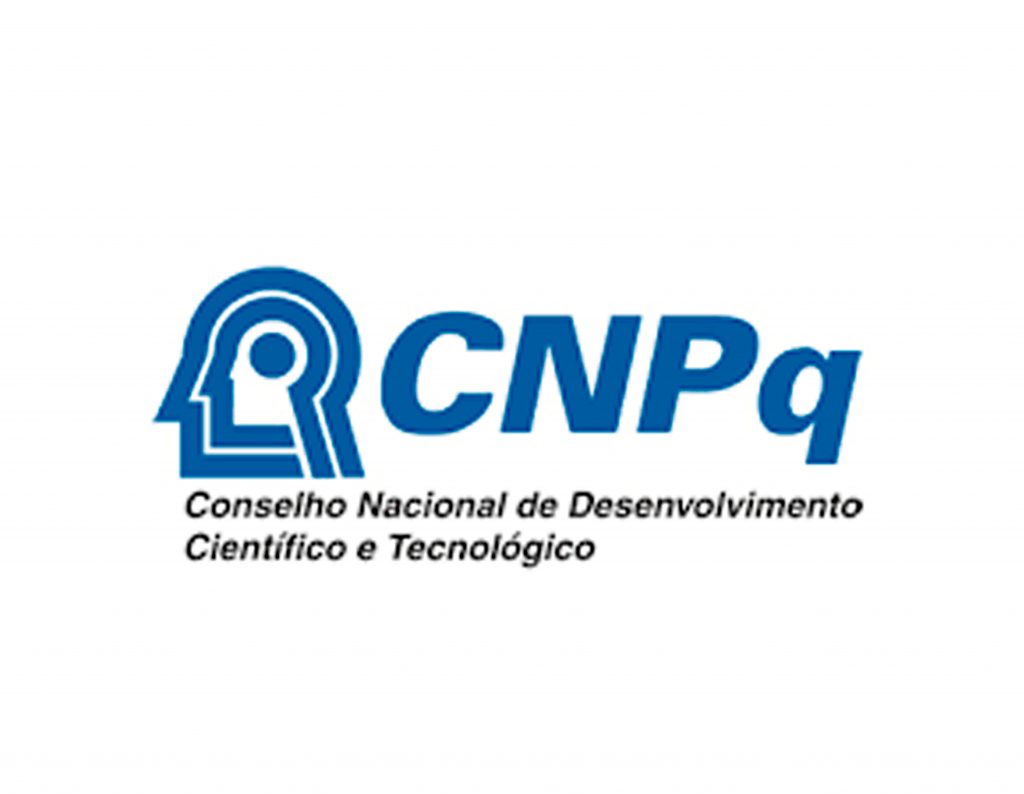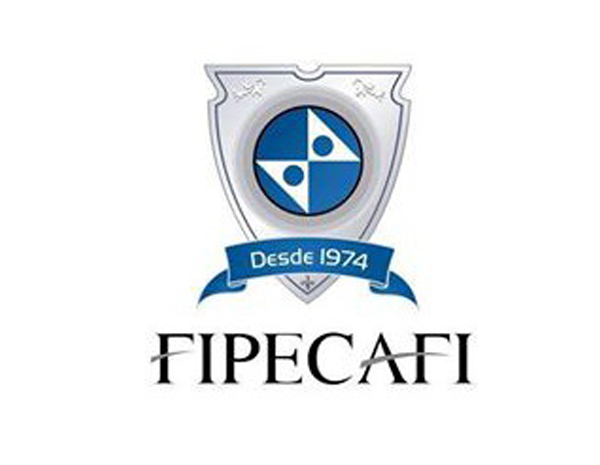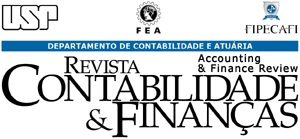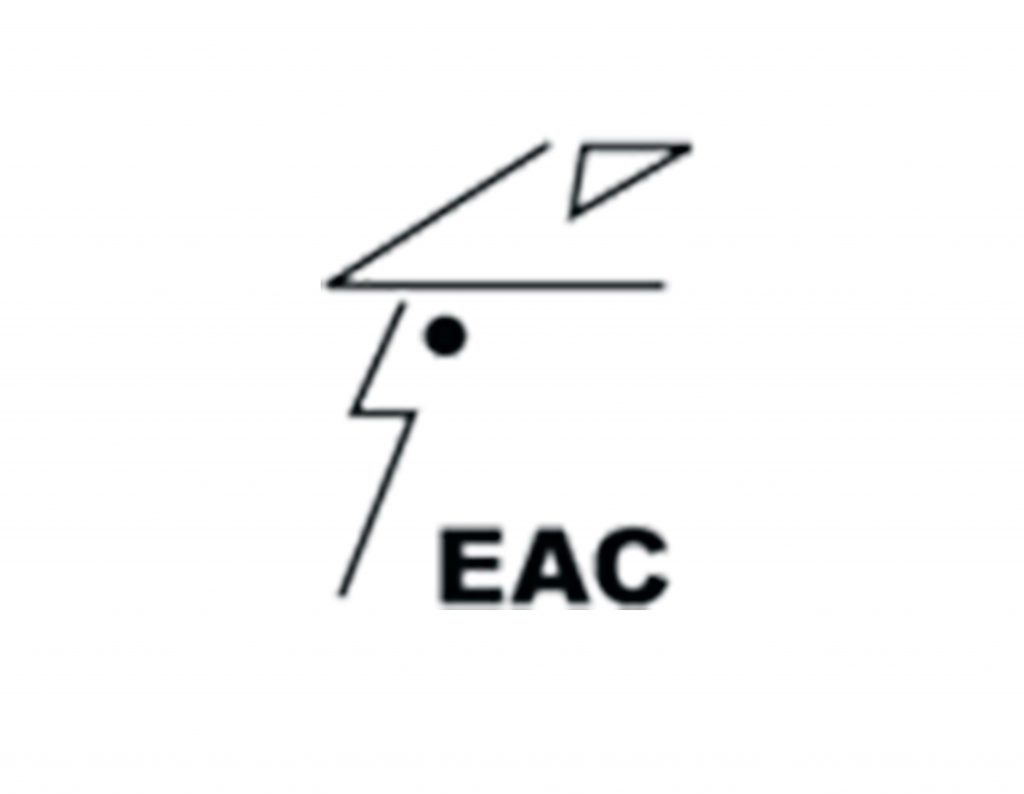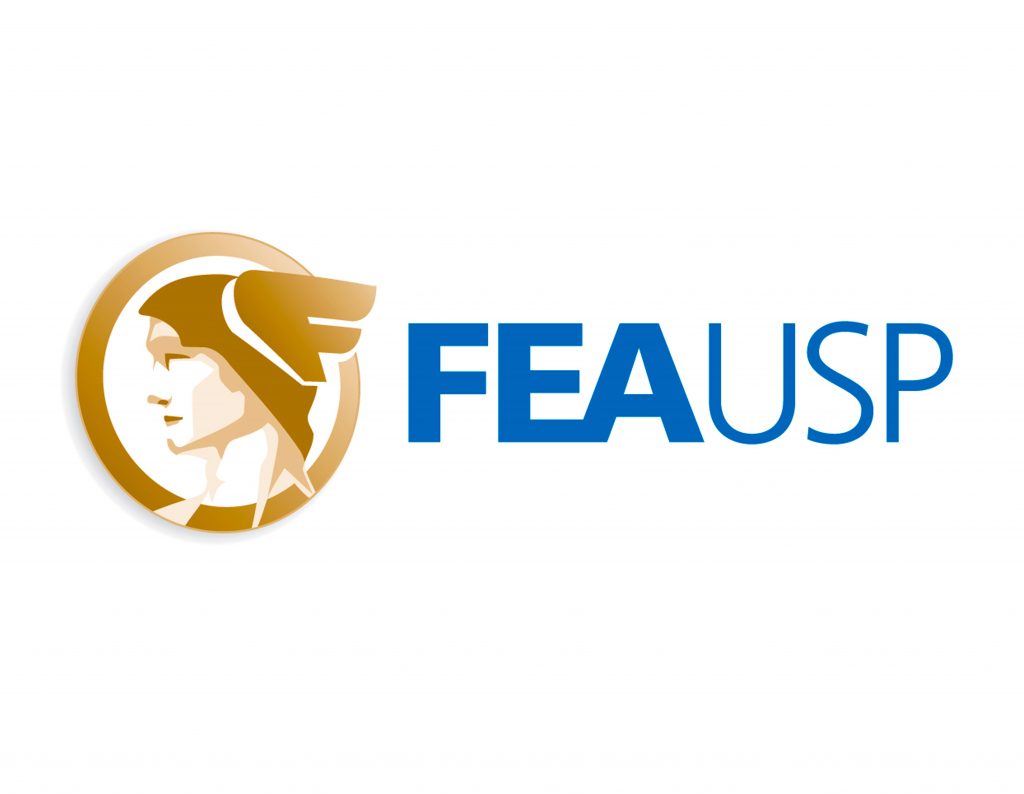RC&F works within the following editorial structure: (i) Editorial Board, (ii) Scientific Editorial Committee, (iii) Editor-In-Chief, (iv) Associate Editors and (v) ad hoc reviewers. The communication with this structure occurs through the EAC department (http://www.rcf.fea.usp.br) and SciELO (http://www.scielo.br/rcf) websites.
Editorial Board
RC&F Editorial Board consists of twelve members, including outstanding researchers and faculty members from the Accounting, Controllership, Actuarial Science and Finance academic communities. The Council of the Department of Accounting and Actuarial Sciences at FEA-USP is responsible for proposing and approving candidate board members.
The Editor-in-chief and Associate Editor participate in board meetings in terms of voice, but do not vote on deliberations.
Members of the Editorial Board work on a two-year renewable mandate.
The Editorial Board is responsible for:
- Coordinate the selection-and-approval process of the Editor-In-Chief and the Associate Editors for each mandate;
- Oversee compliance of the editors’ duties and replace them if their tasks are not being adequately performed;
- Deliberate on RC&F editorial policy, including: changes in mission, scope and focus, target public, visual identity, editorial process and periodicity;
- Serve as ombudsmen through a designated spokesperson; and
- Discuss and approve changes in the rules.
Editor-In-Chief
The Editor-in-Chief coordinates the editorial process, aiming to enhance the development of submissions to RC&F, authors and reviewers. The selection of the Editor-In-Chief should consider factors like: scientific leadership, community acknowledgement, activity history as manuscript reviewer and author, and project for the journal.
The Editor-in-Chief works on a two-year mandate, with possible renewals.
The Editor-in-Chief is not allowed to publish any papers in RC&F.
The Editor-in-Chief is responsible for:
- Coordinating the team involved in the journal, including Associate Editors, reviewers and staff;
- Desk reviewing submissions directly or by an Associate Editor;
- Recommending to include and/or replace Scientific Editorial Committee members;
- Selecting, assessing and replacing ad hoc reviewers;
- Indicating reviewers for submitted manuscripts;
- Recommending changes in submitted contents, although this responsibility can occasionally be delegated to an Associate Editor;
- Informing the corresponding authors about the editorial decision at the end of the assessment process; and
- Approving or rejecting decision.
The Editor-in-Chief should also aim to:
- Permanent improvement of the journal and editorial management processes;
- Enhance the speed of the editorial process;
- Maintain records of ad hoc reviewers’ performance assessments, especially regarding aspects related to the quality of opinions and deadlines for issuing opinions;
- Advice to authors about everything expected from them;
- Oversee compliance with deadlines for issuing opinions and releasing papers;
- Mediate the relationship between reviewers and authors; and
- Designate guest editors (external to RC&F) to edit papers by members of RC&F Editorial Board and Scientific Editorial Committee submitted to the journal.
Associate Editors
The editorial structuration into research areas demands specific knowledge and specialties. The following research areas are identified:
- Management accounting and controllership;
- Financial accounting;
- Financial market and companies/stakeholders integration;
- Education and research in Accounting, Finance and Actuarial Sciences;
- Actuarial Science;
- Emerging themes in Accounting, Finance and Actuarial Sciences; and
- Researches developed within the Hispanic areas.
Therefore, the editorial structure includes seven Associate Editors who may assist the Editor-In-Chief regarding the editorial process within each of these areas. The selection process of the associated editors should consider factors like: community acknowledgement and academic history as reviewers and authors within the designated research area.
The Associate Editors work on a two-year mandate, with possible renewals.
If necessary and depending on the Editor-In-Chief’s judgment, RC&F may include Associate Editors who are not linked with specific journal sections, due to the amount of manuscripts under revision and considering these editors’ specialization areas.
The Editor-In-Chief indicates the body of Associate Editors for the Editorial Board’ approval. They work on a two-year mandate, independently of the Editor-In-Chief’s mandate, with possible renewals. Their main duties include:
- Supporting the Editor-In-Chief in the identification and invitation of ad hoc reviewers for assessing manuscripts;
- Supporting the Editor-In-Chief in the assessment of objective aspects of the submission assessment process; and
- Supporting the Editor-in-Chief in the editorial decision about publications.
Ad hoc editors
Ad hoc Editors are professionals working in the research line under the Associate Editor’s coordination.
Scientific Editorial Committee
The RC&F Scientific Editorial Committee is a multi-institutional board, including experts widely acknowledged in the Brazilian and/or international academic communities, distributed in terms of their areas of expertise and geographical origins, covering different Brazilian regions and other countries and a broad range of scientific fields in the area.
The Scientific Editorial Board members work on a two-year mandate, with possible renewals. The number of the Scientific Editorial Committee is defined by the Editor-in-Chief at the beginning of the term and depends on the Journal needs.
The RC&F Scientific Editorial Board comprises researchers, chosen by the Editor-In-Chief, who serve as advisors for:
- Desk review of manuscripts submitted for publication;
- Selection of reviewers;
- Special commission in order to solve problems about the publication ethics policy; and
- Other decisions related to the scientific aspects of the editorial process, whenever requested by one of the Editors.
Ad Hoc Reviewers (Peer Review)
Ad hoc reviewers develop analysis of articles from a set of elements defined in template, such as interest to the journal, methodology, references, clarity, and so on. They shall recommend changes in the article, indicate it for publication, suggest a revision or reject it. These allowances are used by the Editor-in-Chief, having heard the Associate Editors opinions for the decision to accept or not articles.
The RC&F ad hoc reviewers are recognized experts in the academic community nationally or internationally distributed both in terms of their scientific fields of expertise, as geographic, covering different regions of Brazil and other countries. Reviewers are invited by the Editor-in-Chief to be part of the journal’s researchers group and, within their areas of specialty, the invitation is extended to analyze the articles.
The choice of ad hoc reviewers for each article is made by the journal’s Editor-in-Chief, having heard the Associate Editors’ opinions.
As long as demand requires, each line of research may have ad hoc editors per line in order to collaborate with the Associate Editor’s work. Ad hoc editors work on a two-year mandate and may be renewed.
